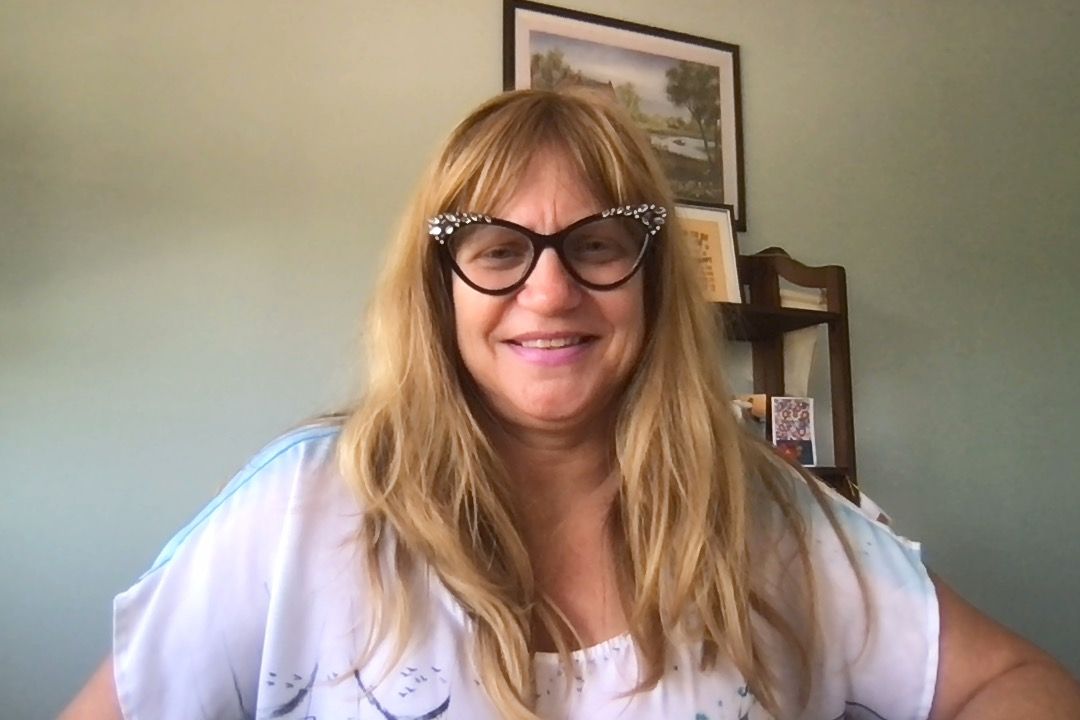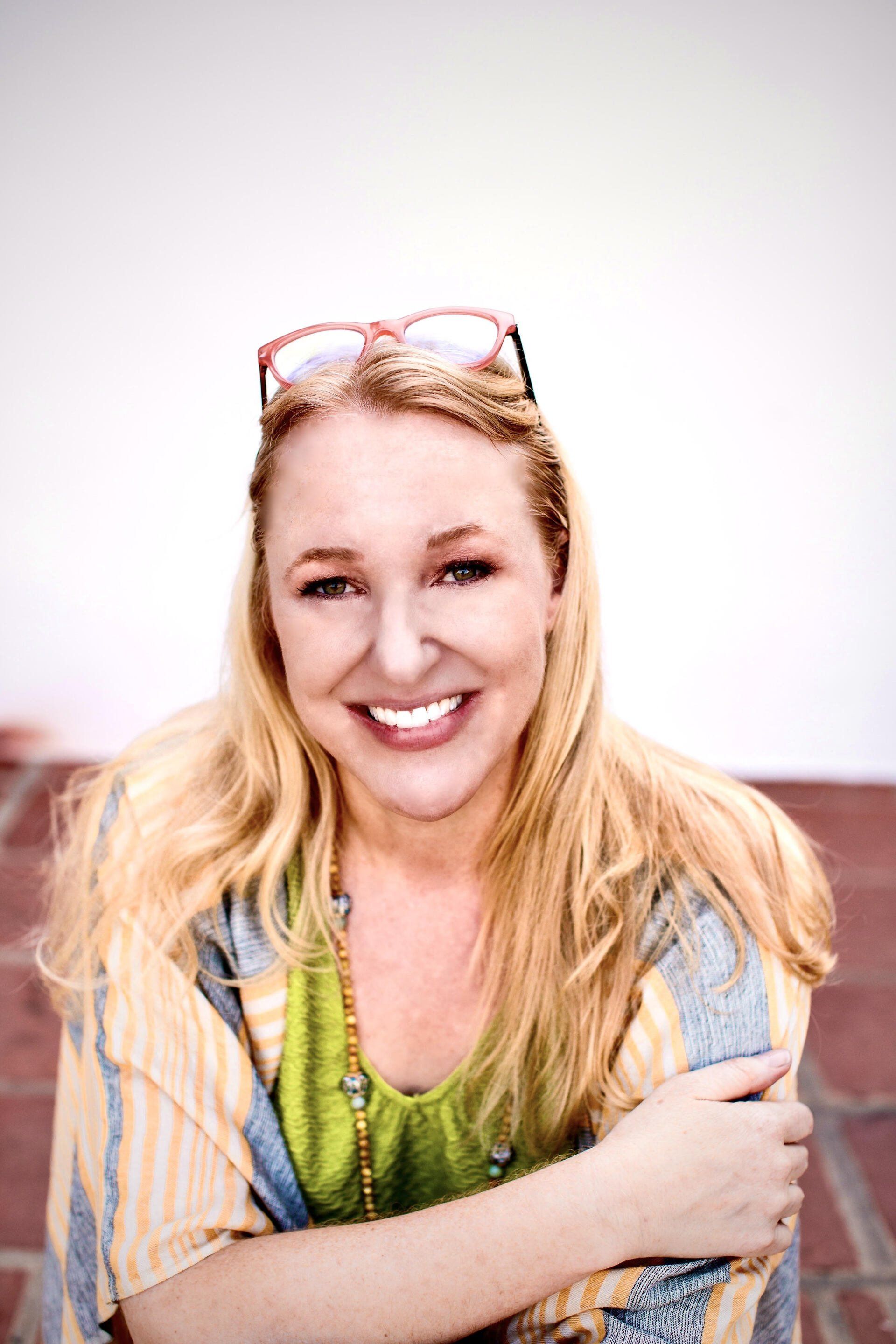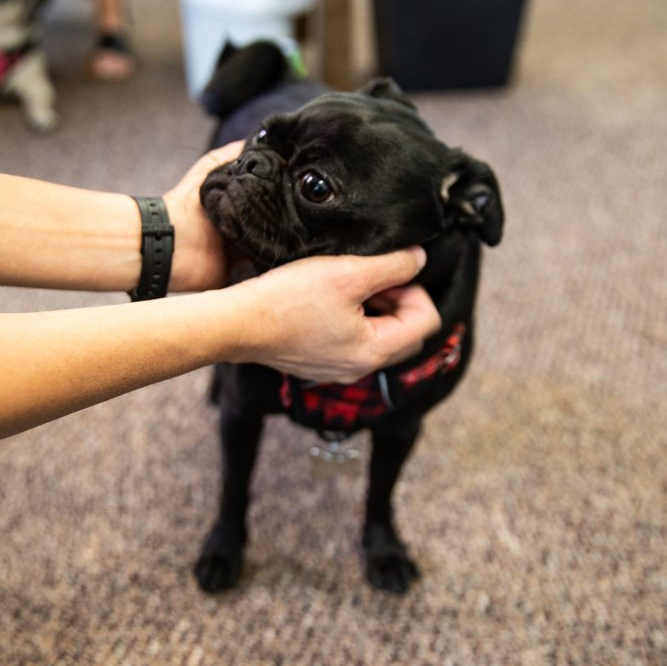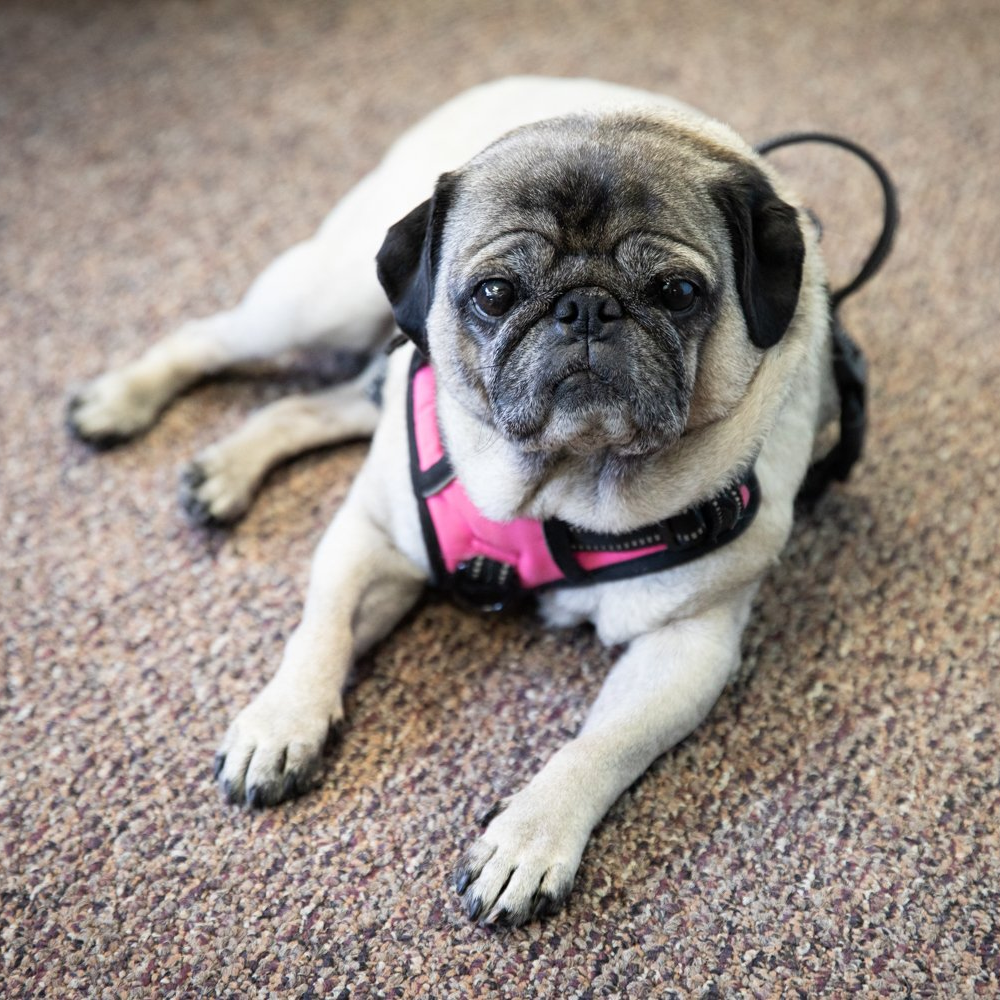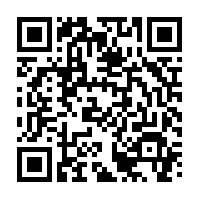The Life Enrichment Services Team
Our team is part of what helps us stand out in our field.
Learn more below until you meet us in person or on-line.
Sibelia Chaiyahat
PsyD, LCSW CA #64865, OR #11339
Sibelia has over 25 years experience as a mental health therapist, helping people heal, live happier lives, and reach their goals. Whether you suffer from depression, PTSD, or are in the midst of a life transition, you will have ongoing support and encouragement from a dedicated professional. She also has a background as a teacher, mindfulness practitioner, small business owner, and raised three boys to adulthood including one with disabilities. Sibelia uses Cognitive Behavioral Therapy (CBT), Acceptance and Commitment Therapy (ACT), Written Exposure Therapy (WET), Animal Assisted Therapy with dogs, Internal Family Systems (IFS or Parts Work), Non-violent communication (NVC), dream work, codependency work, gestalt, and mindfulness practice, tailoring treatment for her client's individual needs. Sibelia uses techniques and practices from the recovery movement (client centered care), trauma informed care (care based on brain research), and integrated health care (integration of mind and body / health and mental health). She is also passionate about Nature Therapy (the ability of the natural world to heal).
Lindsay Engel
AMFT#142952
Lindsay's message, "I am here to support you through your journey to finding a deeper sense of self and personal fulfillment. Rooted in person-centered therapy, I believe your innate tools are the keys to growth. I value the tenets of CBT, DBT, mindfulness, psychodynamic, and attachment theory. Every person comes in with their own unique set of life experiences so I always tailor my approach to every client. Together, we can focus on strengthening interpersonal and intrapersonal relationships. I consider it a privilege to serve as your guide in the process of rediscovering your inner strength and resilience."
Robin is a compassionate and dedicated clinical social worker, empowering individuals to overcome challenges and embrace a brighter future. She is a U.S. Army veteran with over five years of supervised clinical experience. Her practice includes certified expertise in trauma-informed care, telehealth, and domestic violence danger assessments, and she is a Level 1 TEAM-CBT therapist. She has specializations in working with trauma survivors and members of the LGBTQ+ communities, fostering safe and supportive therapeutic space for healing and growth. Whether guiding individuals through complex trauma, managing anxiety or depression, or navigating life transitions, Robin celebrates each client's recovery victories and champions lasting resilience. Witnessing the courage it takes to engage in the hard work of recovery, her mantra is, “All therapeutic progress, however seemingly small, deserves respect and recognition.”
You can learn more about Robin, her approach to therapy, and her research at https://robinmathy.me.
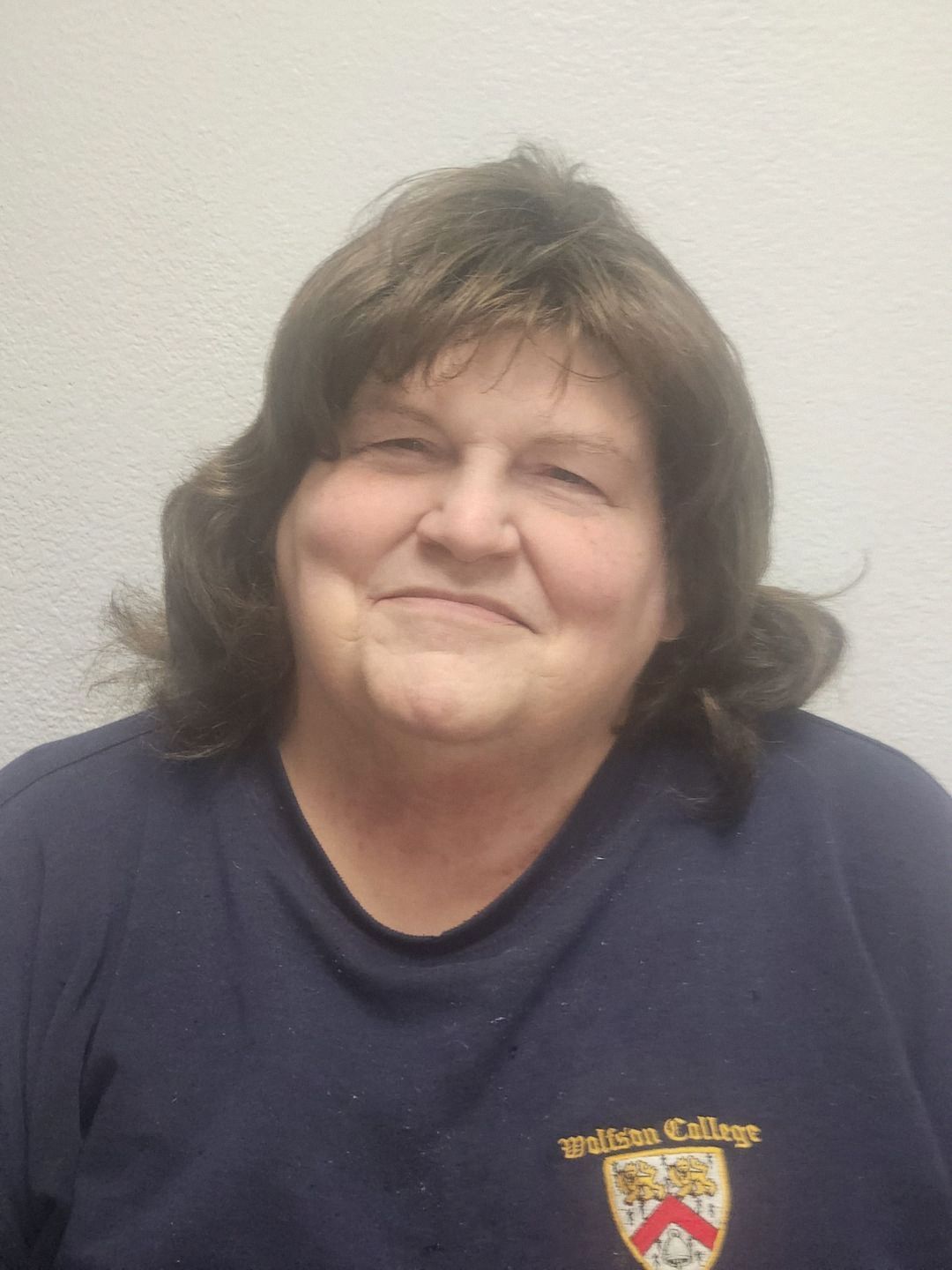
Robin Michele Mathy, MSW, MSc
Associate Clinical Social Worker #113278
Elizabeth K Weisenburger
Certified Rehabilitation Counselor, MA, MS, Associate Professional Clinical Counselor #7817
A graduate of UC Berkeley and San Diego State University, Liz is a counselor and wellness advocate. Having navigated 15 years of living and working with a chronic illness, and disability, Liz has a specialty in clinical rehabilitation counseling, serving those with illness, physical disability and trauma. This also includes helping others to access resources previously unknown to them, thus becoming better advocates and managers for themselves.
Liz strives to provide a safe space built on safety and trust through a wide range of integrative counseling modalities. In doing so, each person experiences counseling that is a good fit for them. Her counseling modalities include but are not limited to: person-centered clinical & vocational rehabilitation counseling & assessment, medical crisis counseling, Fennel Four Phase Treatment model (FFPT)™ of chronic illness & trauma adaptation, Internal Family Systems, Wellness Recovery Action Planning®, narrative & existential therapies, various trauma and body-based therapies, mindfulness, resilience based interventions, EMDR, cognitive-behavioral therapy, & motivational interviewing. She also conducts neurofeedback for traumatic brain injury, illness, trauma, and more at another location.
Meet
Our Canine Therapists
Freyja
Freyja is a 4 year old pug that is well on her journey to provide an immediate reduction in symptoms for our clients. Certified Canine Good Citizen. She likes to surprise folks with French kisses and excited greetings. Freyja also volunteers with Pug Therapy 501(c)(3).
Sekhmet (semi-retired)
Sekhmet is a 13 year old fawn pug who provides canine therapy to clients and staff at LES. She is semi-retired now and just does cameos. Certified Canine Good Citizen. She is still volunteering with Pug Therapy 501(c)(3).
Ruthie, Canine Therapist in Training
Ruthie
Ruthie is Liz's dog who when she first came to the office was in need of some mental health treatment herself, being anxious and scared. However, that changed when Ruthie was around staff and other therapy dogs. Since then she has enjoyed helping her clients break the ice. "I learned, it's safe here." she says.
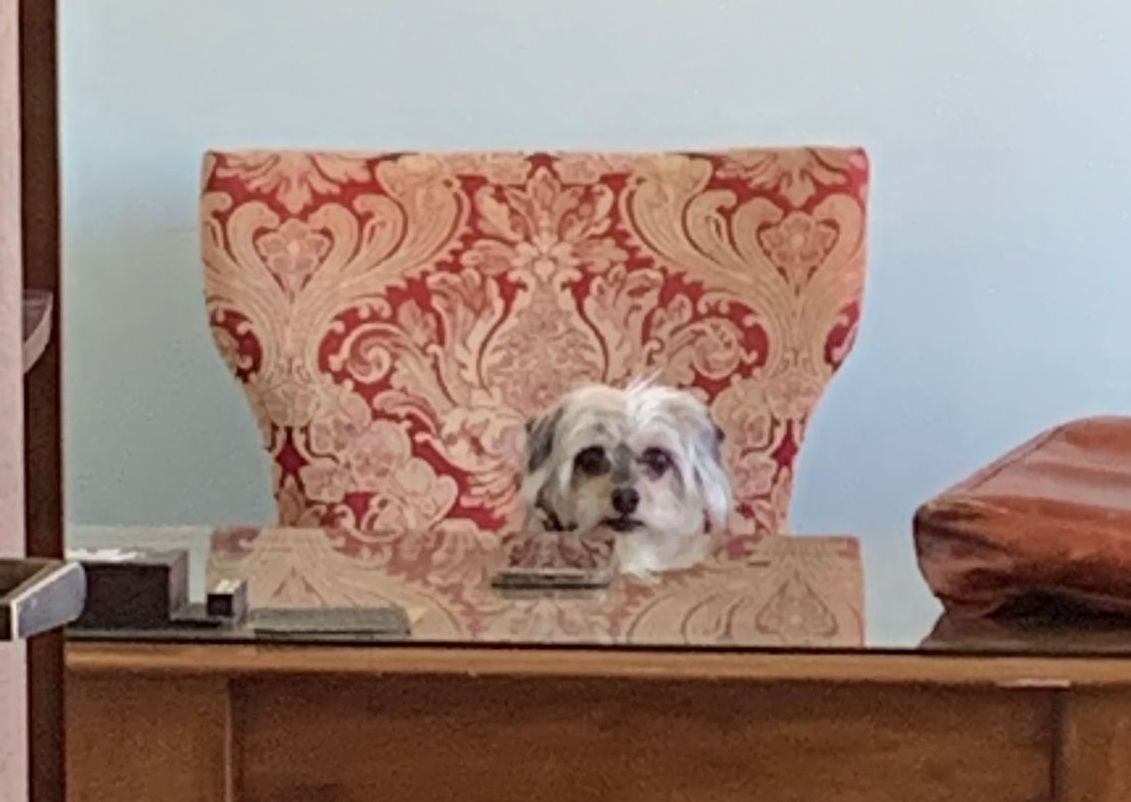
Glen Close
“What mental health needs is more sunshine, more candor, and more unashamed conversation."
Adele
“I can slip in and out of depression quite easily. I had really bad postpartum depression after I had my son. It frightened me and I didn’t talk to anyone about it. I was very reluctant…Four of my friends felt the same way I did, and everyone was too embarrassed to talk about it.”
Michelle Obama
“Sadly, too often, the stigma around mental health prevents people who need help from seeking it. But that simply doesn’t make any sense. Whether an illness affects your heart, your arm or your brain, it’s still an illness, and there shouldn’t be any distinction…we should make it clear that getting help isn’t a sign of weakness — it’s a sign of strength — and we should ensure that people can get the treatment they need.”
Specialties
Counseling for individuals and families.
Case management services.
Training and education.
Business Hours
Monday through Friday, some weekends and evenings by appointment only
9:00 am - 5:00 pm or as scheduled with your clinician
Note: our clinicians are with their patients through the day, so they may not be available immediately.
You must have an appointment to be served by our clinicians. Our office staff will assist you to the best of their ability. If they are not available, please leave a clear and detailed message and we will respond as soon as possible.
All Rights Reserved | Life Enrichment Services

